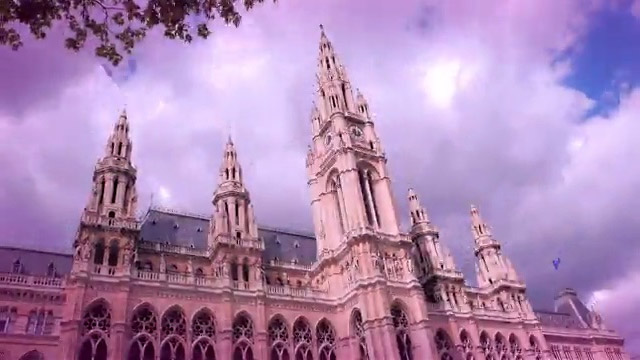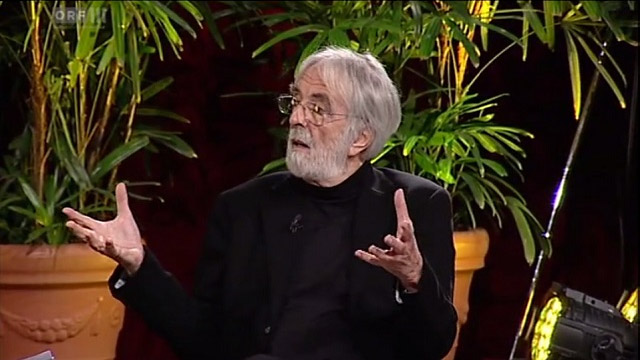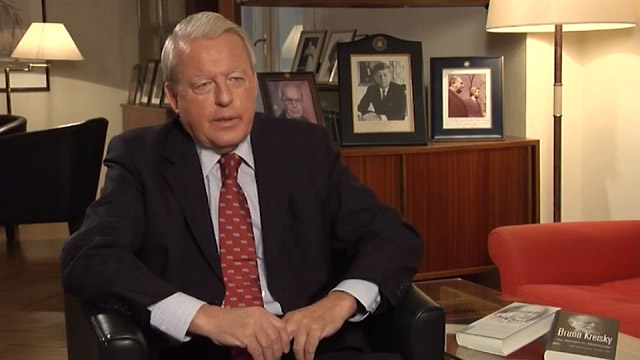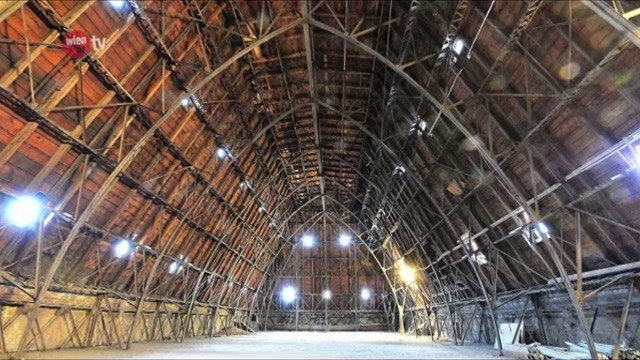Mitschrift
Pregnancy, Childbirth, and Parenthood
The Austrian health care system offers extensive protection for parents and their children. Whether it’s the mother-child pass, birth preparation, or maternity leave and childcare allowance, this StartWien video will inform parents-to-be about what they should know.
Mother-Child or Parent-Child Pass
Pregnancy marks the beginning of a new chapter in a family's life. The most important document during this time is the mother-child passport, which all pregnant women residing in Austria receive. It serves as a manual for essential examinations of both mother and child. A significant number of the examinations included in the mother-child pass are free of charge at panel doctors. Moreover, individuals with their main residence in Austria who are not insured and for whom there is no entitlement, even as family members, can also receive free examinations through the mother-child pass.
Starting in 2024, the yellow mother-child passport will be replaced by the digital parent-child passport. This new digital version will be multilingual and will include additional consultations and examinations.
Important Note: Some examinations in this passport are mandatory to receive the full childcare benefits.
Tip:With the mother-child passport, you can receive the diaper changing backpack from the city of Vienna, which includes gifts for the baby and all necessary documents.
Birth Preparation of Mona and Stefan
Mona and Stefan are expecting their first child. After confirming her pregnancy, Mona’s gynecologist hands her the mother-child passport, and the expected date of birth is calculated to be March 30. Mona needs to register for the birth at a clinic in a timely manner. At private clinics, registration can be done directly, and costs are to be paid by the parents. For public clinics, there is no cost for 10 days from the maternity insurance case, and registration is completed via the website geburtsinfo.wien. On this site, Mona can choose three desired clinics and will be assigned a place after the 22nd week of pregnancy.
It is common practice in Austria for a partner or another person to be present at the birth. Birth preparation includes a midwife consultation, and mothers are entitled to midwife assistance at home during the postpartum period. (There are midwives with health insurance contracts as well as private midwives).
Tip: Use the free consultation to find and get to know your postpartum midwife in advance. She is the expert in birth and baby care!
In a family center of the city of Vienna (MA11), Mona and Stefan receive their free diaper changing backpack, which contains baby accessories and a document folder. Additionally, family centers offer free counseling and courses, such as birth preparation and postpartum gymnastics.
Maternity Protection and Paternity Leave
In the second trimester, Mona informs her employer about her pregnancy. She is under maternity protection for eight weeks before the expected date of birth and eight weeks after delivery, during which she is not allowed to work. If there are complications such as premature birth, a C-section, or multiple births, this period extends to 12 weeks.
Since Mona was employed and fully insured before her maternity leave, she receives maternity allowance from the ÖGK instead of a salary. The amount of the maternity allowance is based on her net salary during the last three months before the start of maternity leave.
Note: Weekly allowance is also provided by the BVAEB or SVS as a fixed amount.
Stefan informs his employer three months before the birth, as he plans to take the so-called Papamonat (daddy month). He can take this time off within 91 days of the birth, starting as soon as both mother and child are discharged from the hospital.
When the time finally arrives, daughter Aylin is born at the end of March! In the first month, Mona and Stefan stay at home together with Aylin. While Mona remains on maternity leave, Stefan is on his Papamonat and applies for the family time bonus from the Austrian Health Insurance Fund.
Working parents in Austria are entitled to parental leave until their child’s second birthday. They must inform their employer about the start of parental leave within the legal notification deadlines. During parental leave, they are protected against termination. Furthermore, Mona and Stefan are entitled to childcare allowance, which they can apply for through the sozialversicherung.at website.
Health and Official Procedures After Birth
During the first week of life, it is essential to visit a pediatrician.
Tip: Choose the pediatrician during pregnancy and organize as much as possible before the birth!
Always bring your mother-child passport with you, as it contains the child's vaccination certificate. The recommended vaccinations are provided free of charge.
Your new family member will also require you to complete some official procedures. You can obtain a birth certificate from the relevant Registry Office, where you can also apply for a registration form and, for Austrians, proof of citizenship. If neither parent is an Austrian citizen, you must apply for a residence permit for the newborn at MA 35 within six months; otherwise, you will not receive family assistance.
Children in Austria are co-insured with their parents and receive their own e-card. Additionally, parents are entitled to family allowance until the child reaches the age of majority, which in some cases can extend until the child turns 24 or beyond. More information can be obtained from the tax office.
Tip: Seek support for childcare and register for a kindergarten place in good time!
Find out more in the video "Kindergarten and Childcare."
Pregnancy, Childbirth and Parenthood
What services do parents and their children receive related to childbirth? Why do you need the mother-child passport (Eltern-Kind-Pass) and how do you register the birth in good time at a hospital?
This StartWien video shows you your rights and responsibilities as parents and how to make the first time together with your baby a good experience. You will also learn interesting facts about available family support services.
More information about life in Vienna and the StartWien support program for new Viennese* can also be found at:
- the StartWien website https://start.wien.gv.at
- at free information events (info modules) https://start.wien.gv.at/info-module
- https://start.wien.gv.at/gesundheit
- https://www.gesundheitskasse.at
- https://www.svs.at/
- https://1450.at/
- https://www.fsw.at/
Länge: 7 Min. 32 Sek.
Produktionsdatum: 2023
Copyright: Stadt Wien - Integration und Diversität














